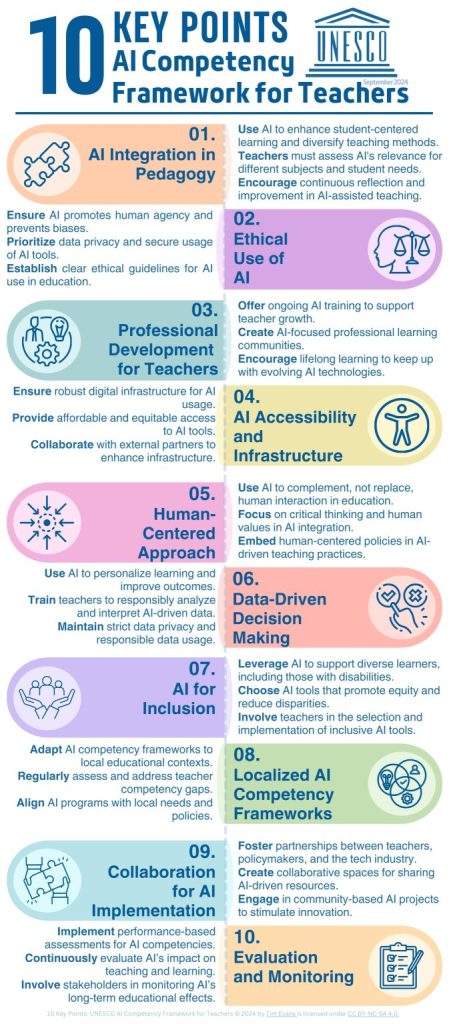Homework Apocolypse?

November marks two years since the release of Open AI's GPT large language model chatbot. Since then AI, or more specifically Generative AI has dominated the discourse over the future of education. And of course it has spawned hundreds of project resulting in an increasing torrent of research results. Yet on one critical issue - does the use of AI improve learning - there appears little consensus. This is probably because we have no good ways of measuring learning. Instead we use performance in tests and exams as a proxy for learning. And its probably true to say that the debates over AI are turning the heat on the use of such a proxy, just as it is on the essay as the dominant form of assessment in schools and universities.
Last week in his newsletter, One Useful thing, Ethan Mollick talked about the use of AI, cheating and learning in an article entitled 'What comes after the Homework Apocalypse'. It is probably fair to say Ethan is a big fan of AI in education.
To be clear, AI is not the root cause of cheating. Cheating happens because schoolwork is hard and high stakes. And schoolwork is hard and high stakes because learning is not always fun and forms of extrinsic motivation, like grades, are often required to get people to learn. People are exquisitely good at figuring out ways to avoid things they don’t like to do, and, as a major new analysis shows, most people don’t like mental effort. So, they delegate some of that effort to the AI. In general, I am in favor of delegating tasks to AI (the subject of my new class on MasterClass), but education is different - the effort is the point.
He postulated that fall in grades achieved by students in the USA between 2008 and 2017 had been caused by the increasing use of the Internet for homework. Students were simply copying homework answers. And in an experiment in ma high school in Turkey with students using GPT4 grades for homework went up but final exam grades fell. But giving students GPT with a basic tutor prompt for ChatGPT, instead of having them use ChatGPT on their own, boosted homework scores without lowering final exam grades.
Ethan says this shows "we need to center teachers in the process of using AI, rather than just leaving AI to students (or to those who dream of replacing teachers entirely). We know that almost three-quarters of teachers are already using AI for work, but we have just started to learn the most effective ways for teachers to use AI."
He remains convinced to the value of Generative AI in education. The question now, he says "is not whether AI will change education, but how we will shape that change to create a more effective, equitable, and engaging learning environment for all."



